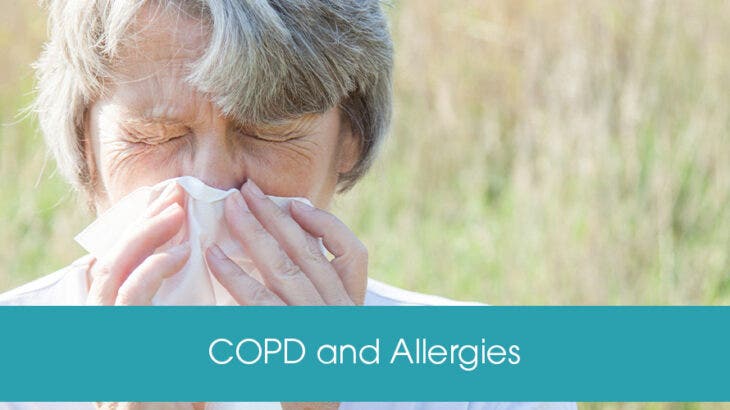
Are you tired of dealing with the impact of allergies and flare-ups on your COPD symptoms? If so, we have good news for you. Our latest blog post is here to provide you with expert insights and practical advice. Discover the best strategies to minimize flare-ups, understand common triggers, and find effective treatment options. Don’t let allergies hinder your COPD management—read the blog post now and take control of your respiratory health.









